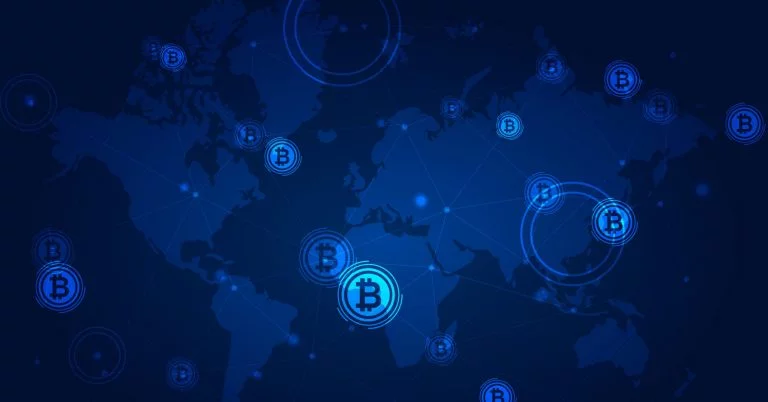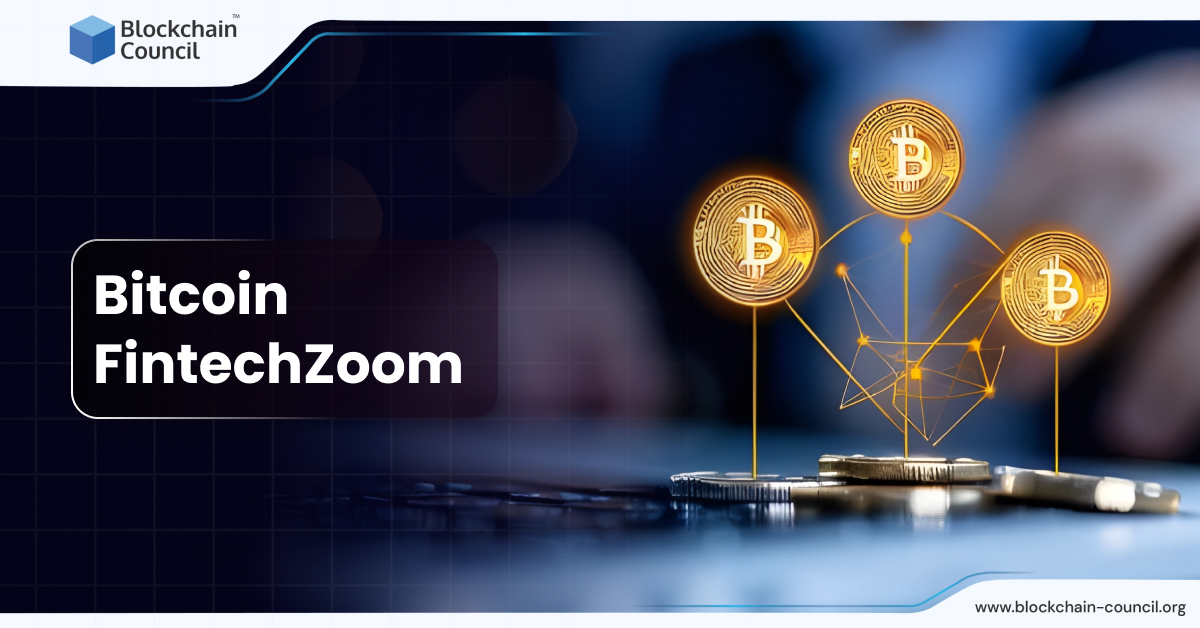
- Blockchain Council
- November 22, 2024
While blockchain might seem complex, especially for beginners, incorporating the technology into daily life might be easier than expected. Blockchain technology uses a decentralized, distributed digital ledger to store data records across a network of computers, ensuring transparency and resistance to tampering. This ledger consists of sequential “blocks” containing data, which are chronologically linked to form a secure “chain”.
Since Bitcoin’s introduction in 2009, the uses of blockchain have exploded and are now spread across cryptocurrencies, decentralized finance (DeFi) applications, non-fungible tokens (NFTs), and smart contracts. While most conversations around blockchain technology usually feature large-scale applications and use cases, there are several ways individuals can use blockchain in their personal lives. The following are a few:
1. Understanding Where to Start with Crypto Presales
One of the easiest ways to engage with blockchain is digital asset investments through cryptocurrency presales. For those new to the field, deciding where to start with crypto presales is the entry point to enjoy some of the newest and most useful cryptocurrencies in the market, with a high chance of growth, development, and exciting returns for holders. Anyone participating in a crypto presales event can buy tokens at low prices before they officially launch on exchanges. This option often appeals to beginners because it requires only a basic understanding of blockchain technology while providing a cost-effective opportunity to engage with digital currencies.
2. Crypto Wallets
Using a crypto wallet is crucial for engaging with the blockchain industry. Crypto wallets like MetaMask or Trust Wallet enable you to store, send, and receive cryptocurrencies safely. These wallets also provide an access point to interact with decentralized applications (dApps).
Through crypto wallets, individuals can buy, sell, or hold cryptocurrencies, contributing to the widespread adoption of these assets. In addition, cold crypto wallets, like Ledger or Trezor hardware devices, offer increased security of funds as they are offline and cannot be easily compromised. However, beginners using hardware wallets must properly understand the risks, as damaged or misplaced devices may lead to permanent loss of funds.
3. Cryptocurrency Payments
Many entrepreneurs now accept cryptocurrency payments, making integrating blockchain into daily transactions easier. Services like BitPay or Coinbase Commerce allow businesses to accept cryptocurrencies, while platforms like Purse or Gyft enable consumers to trade with digital assets. Merchants willing to accept crypto payments give users a chance to easily incorporate blockchain into daily functions in a secure, easy, and low-cost manner.
Since crypto payments function like fiat digital wallets like Apple Pay and Google Wallet, learning to navigate them is easy. Another perk with crypto payments is that widespread adoption is advantageous for people looking to avoid traditional banking systems because of slow speed and high fees.
4. Blockchain-Based Social Media
Blockchain-based social media platforms like Steemit, LBRY, or Mastodon offer alternative, decentralized networks for sharing content. These platforms encourage creators with cryptocurrencies, promoting community engagement and rewarding quality content. Unlike traditional options, the impact of blockchain technology on social media platforms include a range of options, including increased security, privacy, decentralization, transparency, and immutable records.
Furthermore, these platforms offer creators the opportunity for monetization, allowing them to earn directly without interference from intermediaries. The decentralized model reduces censorship, allowing creators to freely express themselves, gradually changing how people interact and share information online.
5. Embracing Decentralized Finance (DeFi) Platforms
Decentralized Finance, or DeFi, is a blockchain-based financial system that bypasses traditional banks. Through DeFi platforms, users can access financial services like lending, borrowing, and interest-earning accounts without the need for a bank. This approach makes financial services cheaper and more accessible.
To get started, users only need a digital wallet that can connect to a DeFi platform, such as MetaMask. Once connected, users can trade assets, earn interest on deposits, or take out loans. DeFi continues to grow as blockchain evolves, offering a straightforward way for people to incorporate blockchain into their financial routines. Popular DeFi platforms include Uniswap, Aave, and Compound.
6. Gaming and Virtual Assets
Blockchain-based gaming has gained significant growth, with platforms like Roblox, Decentraland, or The Sandbox allowing players to create, own, and monetize virtual assets. By leveraging blockchain, these games give players true ownership of in-game items, allowing them to freely buy, sell, or trade on decentralized marketplaces.
This approach to gaming gives interested people a way to get involved with blockchain, as the assets can be used as an investment channel since they may gain increased value. Beyond ownership, a new era of gaming economies where the average player is a stakeholder is also attractive to the average blockchain user.
Future Outlook for Blockchain in Daily Life
As blockchain continues to evolve, its presence in daily life will likely grow. From finance and shopping to identity verification and voting, blockchain applications are becoming more diverse and user-friendly. By understanding these everyday applications, individuals can explore the potential benefits of blockchain technology in a practical and accessible way. Whether by simplifying payments or securing digital identities, blockchain offers a range of solutions that can improve daily routines.
Blockchain technology also provides simple ways to engage with secure, transparent systems that improve various aspects of daily life. For those ready to explore new opportunities, understanding the technology can offer a stepping stone into the broader world of decentralization. Also, with an increasing number of applications, integrating blockchain into regular activities is becoming easier and more beneficial.
Conclusion
Incorporating blockchain into your daily life does not require extensive technical intelligence. By starting with simple applications like digital wallets, cryptocurrency payments, or blockchain-based social media, anyone can begin exploring the benefits of this transformative technology. The above entry points offer users easy and friendly ways to enjoy blockchain’s transparency, security, and other decentralized features. Embracing these simple applications could prepare new users for a future where blockchain adoption is considerably more widespread and valuable.




































































 Guides
Guides News
News Blockchain
Blockchain Cryptocurrency
& Digital Assets
Cryptocurrency
& Digital Assets Web3
Web3 Metaverse & NFTs
Metaverse & NFTs
